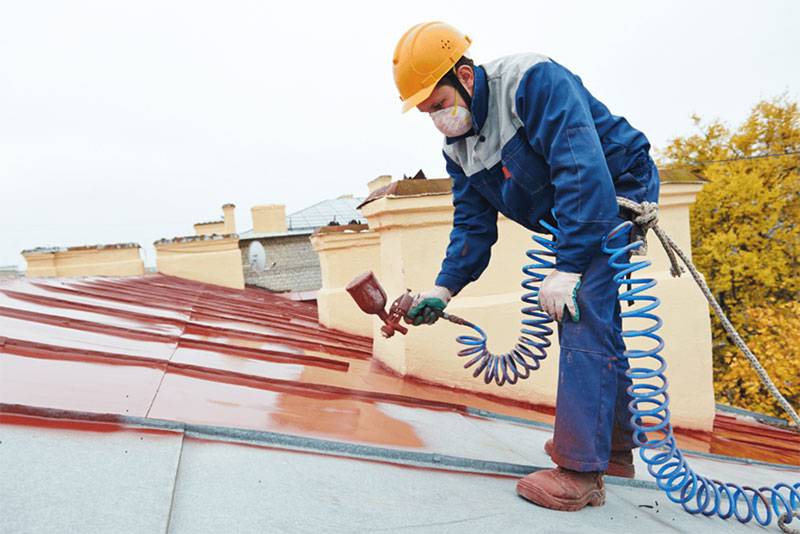How Regular HVAC Maintenance Can Save You Hundreds on Energy Bills
When it comes to keeping your home comfortable year-round, your HVAC system works hard behind the scenes. It heats your rooms in the winter and cools them in the summer, maintaining that perfect indoor balance we all depend on. However, like any machine, your HVAC system needs regular care to perform efficiently. Ignoring maintenance can lead to higher energy bills, costly repairs, and even premature system failure. Regular HVAC maintenance isn’t just about preventing breakdowns—it’s one of the smartest ways to save money in the long run.
Most homeowners don’t realize that their heating and cooling systems can account for nearly half of their total energy consumption. When dust, debris, or worn-out components reduce efficiency, the system has to work harder to produce the same level of comfort, which directly translates into higher utility bills. Scheduling consistent maintenance ensures your unit operates at peak efficiency, helping you cut down on wasted energy and unnecessary expenses.
With a routine service plan, professionals will inspect and repair HVAC and heating system components, replace air filters, lubricate moving parts, and check refrigerant levels—all crucial tasks that help your equipment run smoothly. These small steps, though simple, can make a big difference in performance and energy savings over time.
1. Cleaner Components Mean Better Efficiency
Over time, your HVAC unit’s coils, filters, and vents accumulate dust and grime. This buildup forces the system to work harder to pull in air, circulate it, and maintain your desired temperature. When airflow is obstructed, the system’s energy usage increases significantly.
A professional technician will clean or replace air filters during maintenance, ensuring your system “breathes” better. Clean filters not only improve air quality but also enhance efficiency by up to 15%. Regularly maintaining condenser and evaporator coils further reduces strain on the unit, which can easily save you hundreds of dollars annually in energy costs.
2. Preventing Small Issues Before They Become Expensive Problems
One of the biggest advantages of regular HVAC maintenance is early problem detection. A small refrigerant leak, a worn-out belt, or a loose connection might not cause an immediate system failure, but over time, these issues can lead to major breakdowns.
Fixing minor problems early prevents costly repairs later. Think of it as a health check-up for your HVAC system—catching a small problem before it becomes a costly emergency replacement. This proactive approach can save you not only on repairs but also on the extra electricity used by a malfunctioning system.
3. Improved Thermostat Performance and System Balance
Your thermostat acts as the brain of your HVAC system. During maintenance visits, professionals ensure the thermostat is properly calibrated and communicating effectively with the system. An uncalibrated thermostat might cause your system to overwork, heating or cooling more than necessary, and wasting energy in the process.
Balancing airflow and temperature distribution also plays a role in energy efficiency. Uneven heating or cooling forces certain parts of the system to work overtime, leading to inconsistent comfort levels and higher energy bills. Regular maintenance ensures everything operates in harmony, helping your system perform at its best.
4. Extended System Lifespan
An HVAC unit is a major investment, and homeowners naturally want it to last as long as possible. With consistent maintenance, your system can last 5–10 years longer than a neglected one. Clean filters, lubricated motors, and properly charged refrigerant levels all reduce the strain on components, minimizing wear and tear.
The less your system struggles to maintain comfort, the more efficient it becomes. This means lower energy bills and fewer replacements of expensive parts like compressors or heat exchangers. Over the lifespan of your system, the savings can easily add up to thousands of dollars.
5. Better Energy Efficiency Equals Environmental Benefits
Energy efficiency isn’t just good for your wallet—it’s also good for the planet. When your HVAC system runs smoothly, it consumes less power, reducing your carbon footprint. Lower energy usage translates to fewer greenhouse gas emissions from power plants, which contributes to a cleaner environment.
By keeping your HVAC system in peak condition, you’re doing your part to make your home eco-friendly while still enjoying maximum comfort. Many homeowners find that consistent maintenance helps them qualify for green energy incentives or rebates, further adding to their financial savings.
6. Seasonal Maintenance: The Key to Long-Term Savings
Scheduling HVAC maintenance twice a year—once in spring before cooling season and once in fall before heating season—is ideal. During these visits, a professional technician will:
- Inspect and clean air filters and ducts.
- Test thermostat accuracy.
- Check refrigerant levels and pressure.
- Inspect electrical connections.
- Lubricate all moving parts.
- Examine the blower motor and fan.
These steps keep your system in top shape, ensuring it runs efficiently all year long. The result? Lower monthly bills and peace of mind knowing your home comfort system is reliable when you need it most.
Read the article: Clean and Play: Managing Home Hygiene with Kids
Final Thoughts
Regular HVAC maintenance may seem like an extra expense, but in reality, it’s one of the smartest financial decisions a homeowner can make. A well-maintained system consumes less energy, experiences fewer breakdowns, and lasts significantly longer. By investing a little time and money in routine care, you can save hundreds of dollars each year on energy bills and enjoy consistent comfort throughout every season.
In the end, taking care of your HVAC system means taking care of your home—and your wallet.


